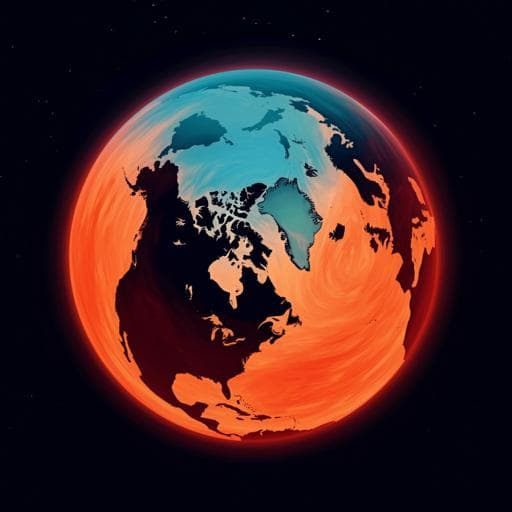
Earth Sciences
Manifold increase in the spatial extent of heatwaves in the terrestrial Arctic
M. Rantanen, M. Kämäräinen, et al.
Discover how the expanding spatial extent of heatwaves in the Arctic could impact ecosystems and societies. This groundbreaking research, conducted by Mika Rantanen, Matti Kämäräinen, Miska Luoto, and Juha Aalto, reveals alarming trends in heatwave severity over the decades, with projections indicating continued growth into the future.
Related Publications
Explore these studies to deepen your understanding of the subject.







